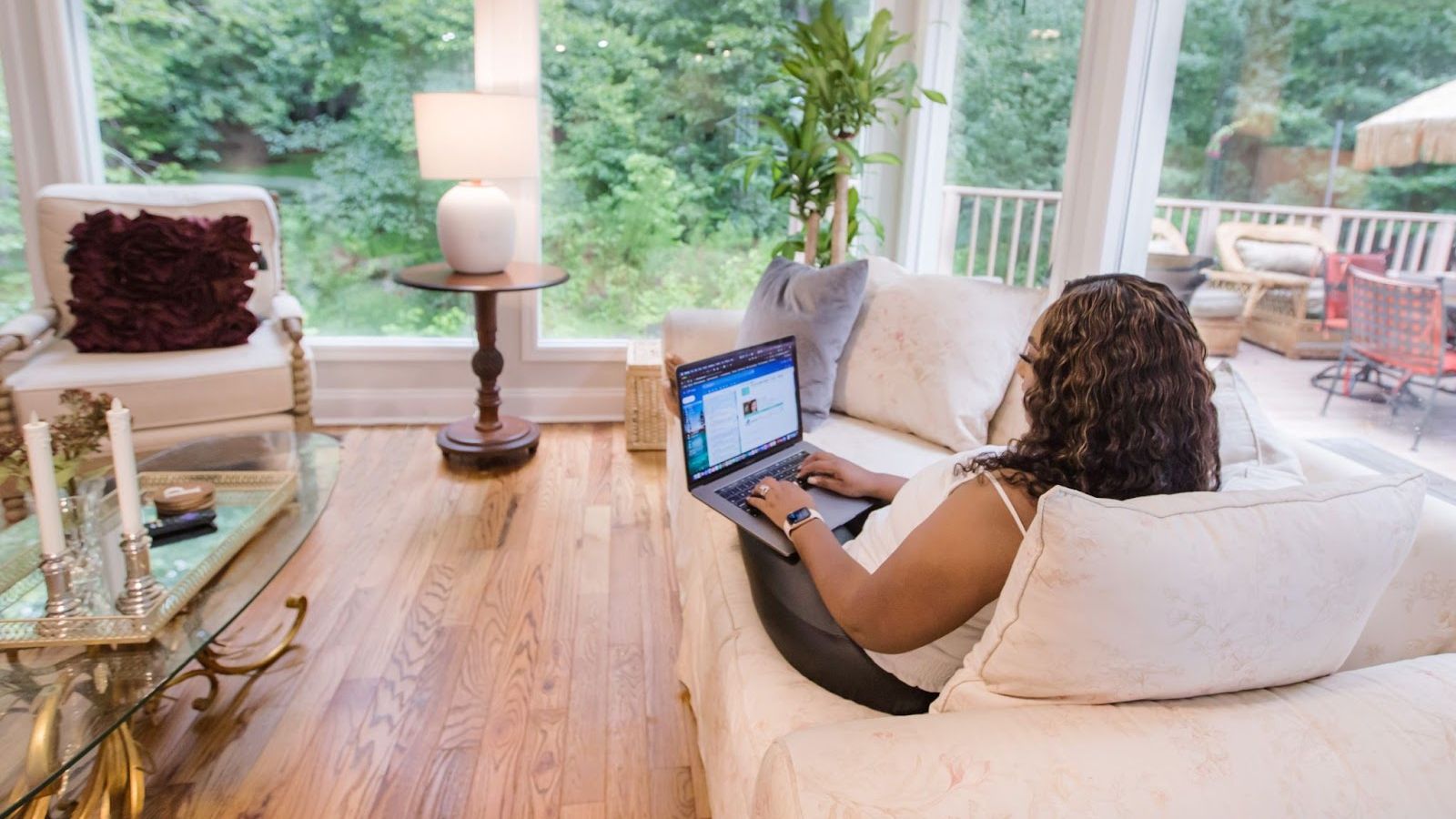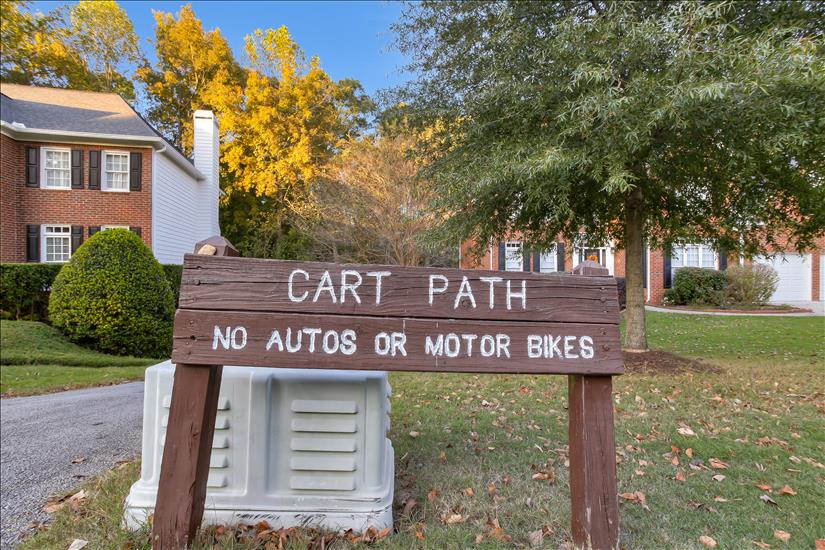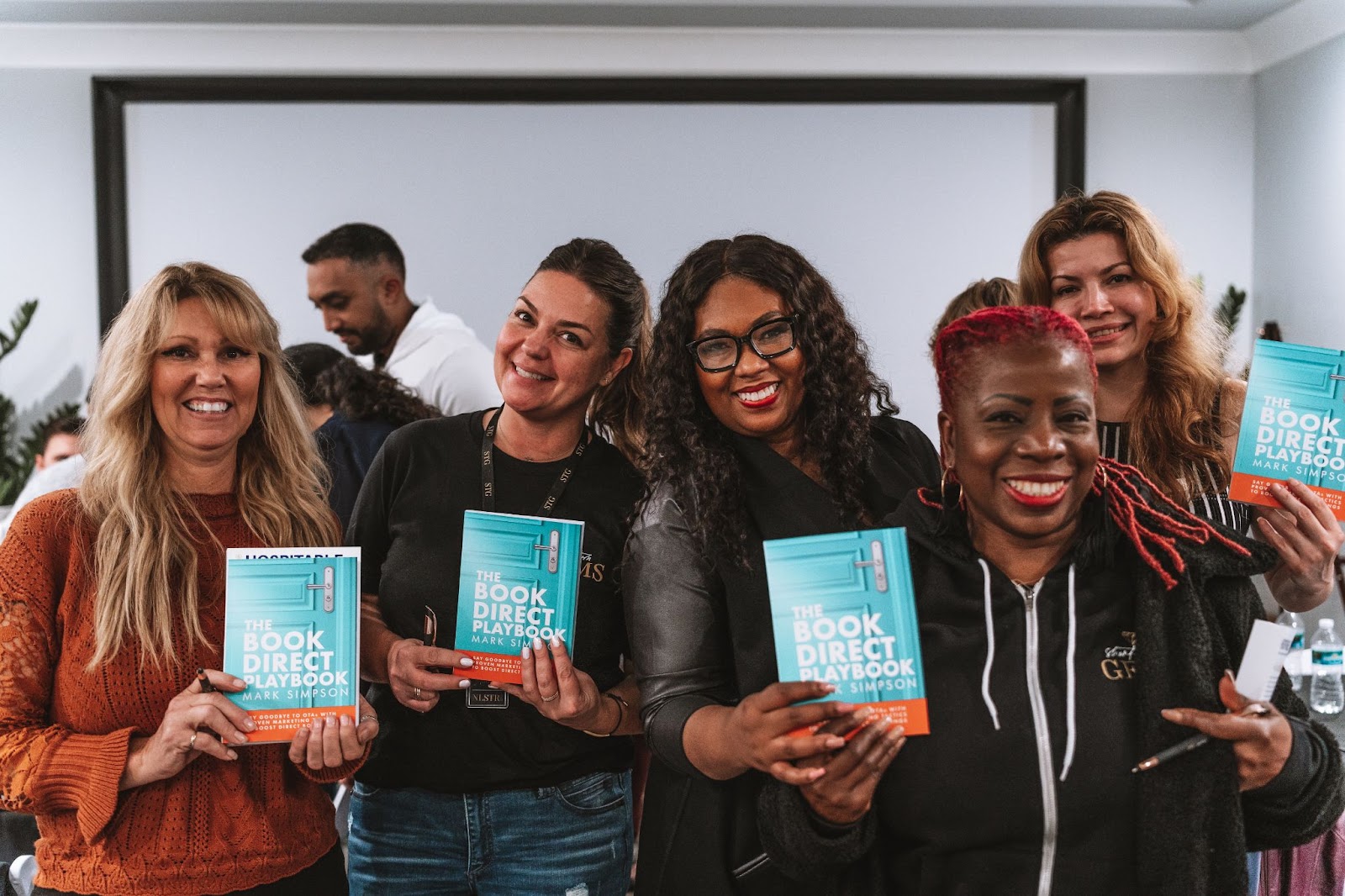How To Buy Rental Property: The Beginner's Guide to Short-Term Rental Investing

Buying rental property is a great way to build up passive income, move away from the dreaded nine-to-five, and start taking your dreamy lifestyle a little more seriously. But take it from me - there are a few things you should know about before you go rushing in.
From location and planning to budgeting and markets, there are so many hurdles that can stand in the way of making a lucrative investment. But with a touch of savvy and a sprinkle of perspective, you too can start coasting towards your financially free future.
So I’ve compiled 15 tips for buying rental property to illuminate your entry into rental investments, show you how to buy rental property, and make sure you’re placing one foot in front of the other as you get started.
1. Stay Flexible
The key to learning how to buy your first rental property is to keep a slither of flexibility up your sleeve. Many of us feel that the only way to find a great real estate deal is to buy in our hometown or somewhere close to it, but this is not always the case. There are great deals across the country that you would never discover if you limit your horizons to only one place - particularly when it comes to vacation rentals!
Consider buying a fixer-upper or an older home that needs renovations, as it can be way more affordable to bring it up to scratch than buying brand new luxury properties.
Tempting as it may be to buy cute new appliances with all of those extra dollars at hand, it can cut into your bottom line. There are plenty of quirky places to find original or antique pieces to enhance the space, and you can save extra funds for an investment down payment instead.
2. Do the Math
One of the biggest jaw-clenchers when deciding whether to buy rental property is your current financial situation. The numbers involved in buying or selling a home, as well as renting and real estate investing, is not as simple as some might think.
The costs involved with purchasing a rental are greater than just paying for a property. As you get started, calculate your monthly mortgage payments, closing costs (title insurance, inspections, etc.), and down payment fees (usually associated with a closing attorney).
If you put less than 20% down on your home purchase, some mortgage lenders require private mortgage insurance. That said, a good investment property is one with low interest rates on the rental property loan, positive monthly cash flow, and low operating expenses for a decent income. With strong cash flow, you can invest your earnings into more rental properties, diversify your rental portfolio and skyrocket your real estate business.
3. Consider Property Management
If you’re here to discover how to buy a vacation rental property away from home, let me tell you one thing: Property management is your friend. If you’re investing out-of-state, it’s common to hire property management to handle tenants, cleaning, and maintenance. Hell, even if you’re investing next door the professionals can help reduce your workload. But paying a management team will affect your bottom line, so have a think about where this sits in your budget.
As you search for property managers, it's important to remember that hiring someone who is experienced and trustworthy is essential. You want to make sure they are licensed, bonded, and have references from previous landlords.
Most importantly, trust your gut! If something doesn't feel right, it probably isn’t. It's better to wait until you find someone you feel confident with. Having good property managers can handle a lot of hassles for you, making you work a lot less for your investment.
4. Don't Go it Alone
Buying an investment property is a big move! You’re going to need a team to help handle the load.
- A good investment strategy starts with a solid understanding of how it works, including the laws, regulations, and markets. Find a mentor that can answer your questions and help you transform your plans into goal-mining, or take a course in rental investments to get the guidance you need to start out!
- Hire an attorney who specializes in real estate law to handle all of your legal needs when buying or selling investment property—especially if you don’t know what you don’t know about real estate law yet! Plus, they can give advice on how best to get started down this path so that everything goes smoothly for everyone (including yourself).
- Having proper insurance coverage is key: You absolutely must have insurance on any rental property to protect you in case your property gets damaged or a guest is harmed during their stay (and believe me when I tell you that something will probably go awol at some point!).
5. Keep Your Expectations Realistic
More often these days, people are asking how to buy a vacation property with no money. The harsh truth is - drum-roll please - of course you can’t! But don’t let this discourage you. There’s nothing to stop you from starting within your means and scaling your empire as you gain equity and traction. This doesn’t mean you need to limit your dreams, rather it highlights the importance of being real about what you can handle when you’re starting out. There’s always space to learn and grow.
Similarly, don't expect to buy a rental property, put in a minimal amount of work, and then sit back and rake in the money. The current rental market is too competitive for that to be realistic.
In particular, short term rental properties can still pay off fast, but you’ll likely have to do some extra marketing, repairs, or renovations to get there. Either way, it’s wiser to slightly over-budget the expenses and effort required to get started. Best case, you get off lightly. Worst case, you’re prepared.

6. Prepare Yourself Financially
If you're wanting to buy a rental property, make sure you have the financial muscle to get going. Here are a few things to consider:
- Save up for the down payment. This is typically 20% of the purchase price, but it can vary depending on the lender or financing you go with. Make sure you'll have enough savings tucked away before purchasing a property!
- Make sure there are enough financial reserves set aside for monthly expenses like mortgage payments and insurance premiums (not to mention unexpected repairs!). Some lenders may require an escrow account that holds some of your rent money so that they can pay out costs like property management fees or maintenance work without having to ask each month.
- Although not necessarily profitable from day one, many people choose real estate investments because they enjoy being landlords or want more freedom over their income streams than typical jobs offer them; however just because someone owns multiple properties doesn't mean they don't have bills too! Rental properties require ongoing maintenance which can add up if you don’t set a budget beforehand - have the property assessed, and get a few quotes to keep your budget realistic.
7. Do the Research and Have a Plan
Many things can impact your ability to buy rental property, but if you take the time to learn about them, it's much easier to avoid mistakes and make smart decisions.
Do your research before you buy. The first thing you should do before buying rental property is getting an idea of what kind of properties are available in your area, how they're priced, and what features they have. Finding the right market and property information will help guide your decision-making process when it comes time to actually buy the asset.
8. Explore Your Market
For a new real estate investor, it's important to take the time to understand your market before investing in rental property. A good first step is to look at the local real estate market and find out what other investors are buying and selling for. You can do this by looking up homes for sale in your area on Zillow or Trulia. By doing this, you'll be able to get a sense of whether you’re likely to pay fair market value, or whether competition may bump up the price of your investment.
You should also look at rental rates in your area as well as vacancy rates (the percentage of available units). This will give an idea of how much rental competition there is so that you can look at rental-friendly areas.

9. Know the Neighborhood
Get a feel for the neighborhoods you’re looking into. You'll use this information to make decisions about your property, find tenants and determine whether or not repairs and improvements should be made at all.
If you’re buying a property, it will be important to understand how the neighborhood works. Check out things like crime rates, local tourism, businesses in the area, and whether or not there are any local attractions nearby.
10. Plan for Vacancies and Reserve a Fund for Maintenance
If there’s anything the global pandemic has taught us, it’s that vacancies can happen to anyone. It’s impossible to know when they will occur, but it is important that you have a plan in place for them. If you don’t have the money in reserve to cover any vacancies, then you may find yourself without tenants on your property and no rental income coming in - particularly in short term rentals.
The only way around this issue is by having enough money set aside so that if something does go wrong with one of your properties (ahem, tenants not paying rent), it won’t result in an immediate loss.
In addition to having funds set aside for vacancies and repairs/maintenance needs, consider creating a reserve fund as well which can help cover unexpected costs that come up during ownership, such as utility bill increases or dealing with leaks or mold issues within the property.
11. Location is Key
Location is key. If you are investing in a rental property, it's important to know that location is the most important factor for renters and buyers alike.
- Location Matters for Guests
The majority of short term renters look for a place that’s either centrally located in a tourist hotspot, or somewhere far away by a secluded mountain range or sun-swept beach. Think about the kind of guests you want to host as well - you may have a higher chance of attracting families, business travelers, or singles depending on the site you choose.
- Location Matters for Resale Value
A good location means higher potential profit when you decide to sell your house later on down the line because there will be more people interested in buying it.
- Location Matters for Maintenance Costs
If you buy in a high-tax area, or your property is so remote that maintenance workers have trouble getting access, it could increase the ongoing costs associated with running your short-term rental.
12. Do Your Homework Before You Buy
It's important to do extensive research on the property, including the local market and economy. Start by researching the property value of similar properties in your area.
You should also look up recent sales in the neighborhood and compare them to what you're considering buying. This will give you an idea of whether or not it is overpriced. If it's too high for what's going on in your area, then you may want to pass on making an offer—at least until prices come down again!
Additionally, talk with real estate agents who work in those areas about rental rates for homes like yours (and see if there are any competing listings). They'll have a good idea about how much money each unit can bring in per month based solely on location and condition alone.

13. Don't Over-Improve Your Properties
One major mistake I see new investors make is to over-improve their properties. I'm not saying you should never upgrade your rental properties, but if you don't have the cash on hand to pay for a project, the idea is to do it properly and do it once.
Luxury upgrades like granite countertops and stainless steel appliances add value and comfort to a property, but cost more than the average upgrades. Going for quality over quantity can give a luxury vibe to your investment while leaving space for incremental improvements.
Second of all: if something breaks or needs repair, consider all of your options before landing on the most obvious fix. Identify where issues are coming from, and think about how you can turn problems into opportunities from a smart financial standpoint. By doing so we can ensure that whatever gets fixed will actually improve the overall quality of your guest’s experience, and limit recurring and fund-draining issues.
14. Get Insurance and Have a Plan if Something Goes Wrong
To protect yourself and your investment, make sure you have the right amount of homeowners insurance for your rental property. Often this will include landlord liability, but it’s best to go over the fine print in your policy to ensure it does.
Also, make sure you have a plan in place if something goes wrong. What will happen if there's a vacancy or maintenance issue? Having some money set aside can help cover those costs while you're waiting for guest payments to come through (or paying off utility bills).
15. Learn to Say "No" to Tenants if They're Not Right For You
It takes a lot of work to find the right tenant for your rental property, but it's worth it. There are a few things you can do to help you make sure that the tenants who move into your rental property are going to be compatible with your needs and goals.
Be clear with tenants about your expectations. If you're not sure about a tenant, don't take them on as a renter—it just won't be worth it! Make sure that all of your requirements are met before selecting someone as a guest. Just like any other business partnership: communication is key!

Conclusion
Buying a rental property is a great way to put your money to work and secure your financial future. However, it's not always easy to know if you're getting the best deal for your money. As a property owner, you will want to ensure you invest in a good rental property where your down payment and mortgage payment are low, operating expenses are low, and the rental income is high.
Make sure you take a good look into your investment strategies, current rent prices for comparable homes, your annual rental income or cash flow, tax benefits, and more to ensure you are investing in the right rental property.
There are many different considerations to make when looking for the right investment, and this guide is here to show you how to buy rental property the right way to ensure positive passive income for your rental real estate business. For more expert guidance on profitable short-term real estate investments, book a call with our Short-Term Gems team today!
Are You Ready To Dive In?
Dare to discover the life that awaits beyond the Luxury Short Term Rental Academy doors.
Let's Get Started